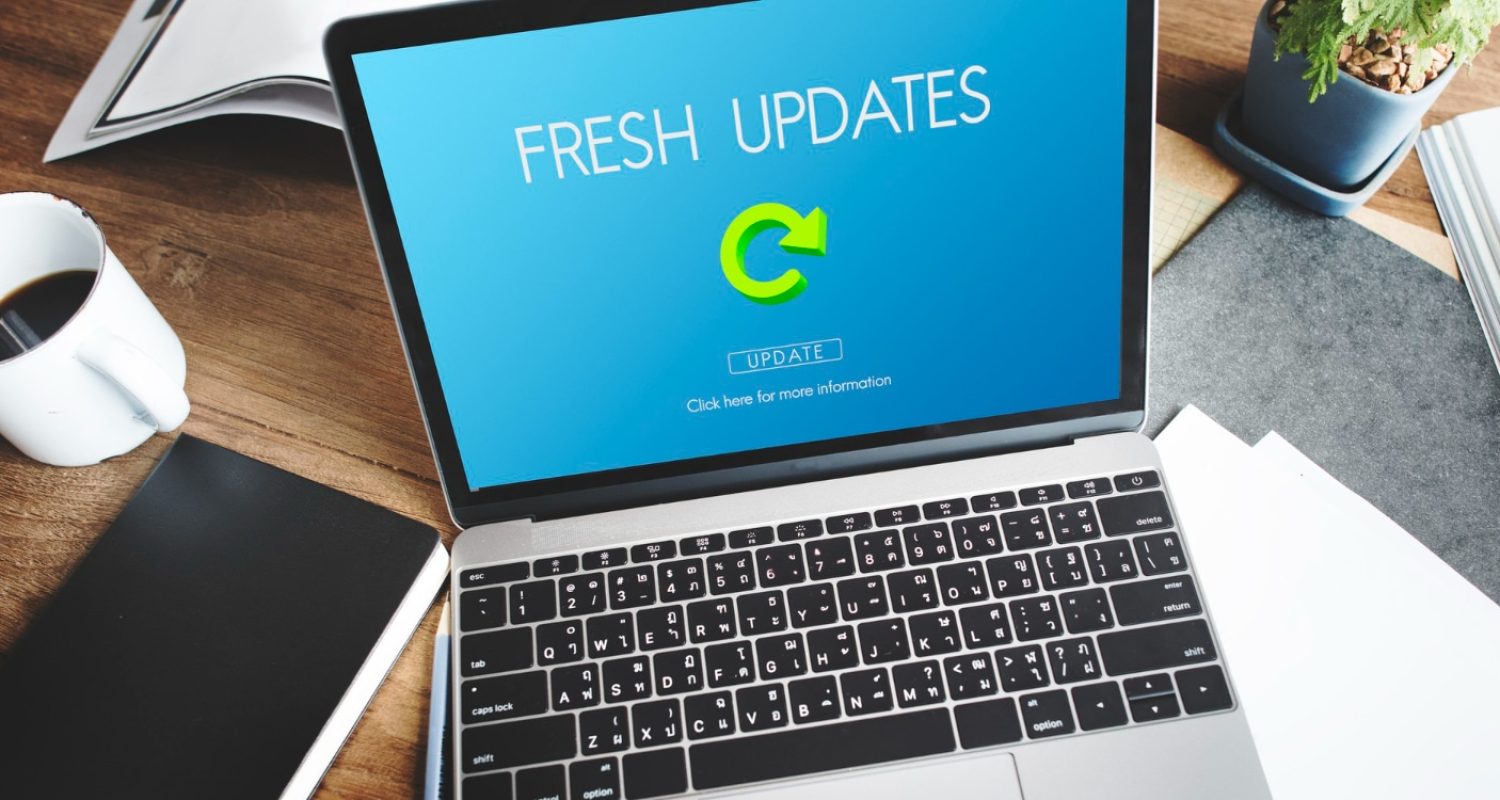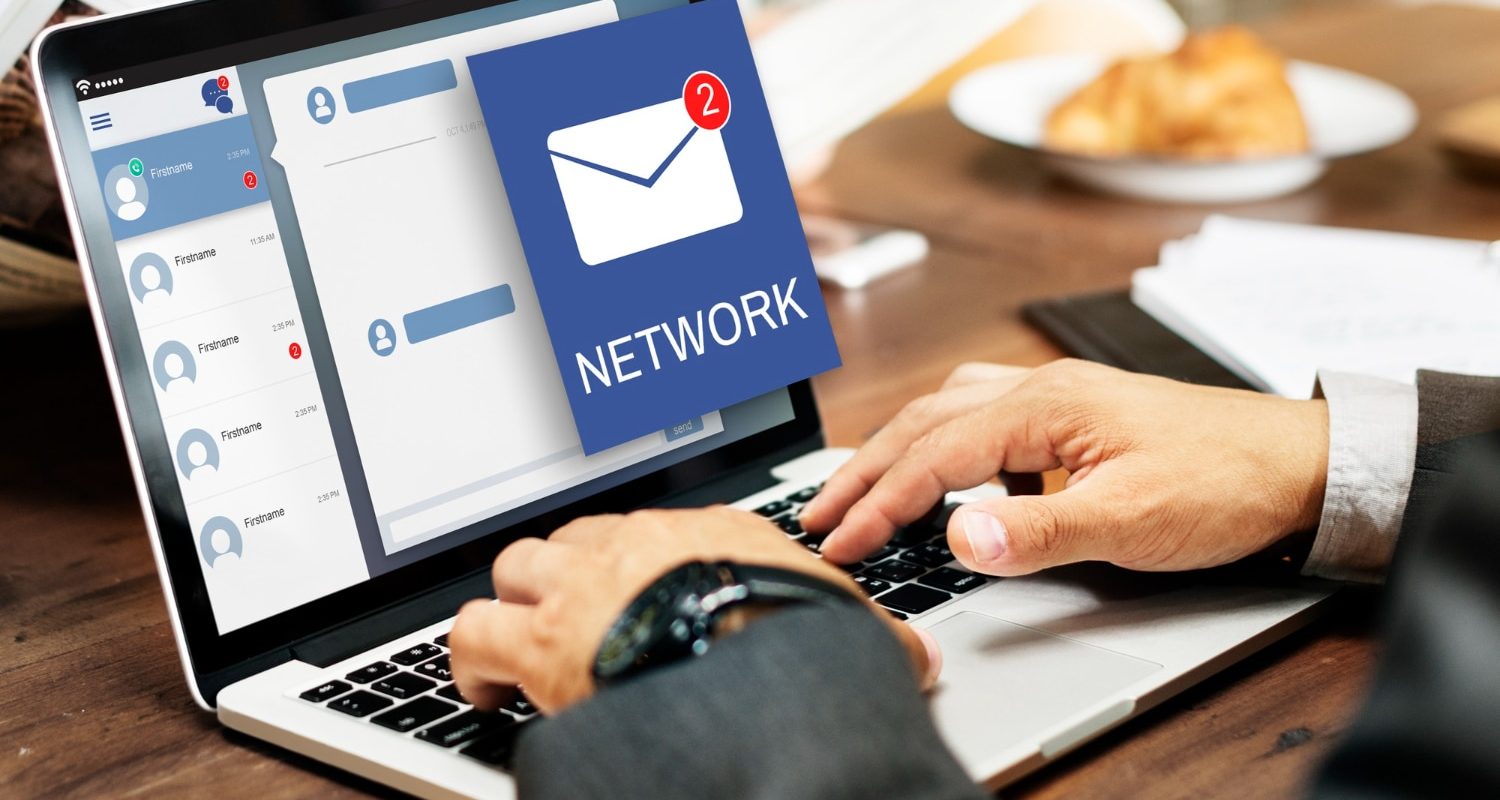Dealing with Online Threats – Your guide to 9 types of malware you should know about…
Gone are the days of the floppy disc and basic anti-virus software being sufficient in protecting your computer from the various online threats of malicious viruses. An internet revolution and greed has changed everything, with hacking and malware becoming more and more common. A large majority of computer viruses were previously created by hackers for fun, to demonstrate their abilities and hacking skills. The challenge was more important than the financial reward for these hackers.
However, in this day and age, hacking is now considered a profession. And one that is extremely lucrative too. With the internet, it has become easier than ever to access hacking knowledge and automated tools. Modern day hacking generally also incorporates organised crime, as criminals are becoming increasingly systematic, thorough and scrupulous in using cybercrime to their advantage.
Hackers are constantly targeting businesses, thanks to the use of automated tools. Regardless of how convincing anyone may be, you should never become complacent about IT security. Cyber-attacks on businesses occur virtually every day, but in most cases, the attacks fail to penetrate the defences, because the companies that IT Leaders look after are well-prepared and protected at all times.
Occasionally though, when we speak to businesses we don’t yet look after, who have unfortunately been successfully targeted in the past, we learn about the devastating and long-lasting consequences that a cyberattack has had on their business and reputation.
The term malware is used to describe anything that has been designed to steal your data or damage your computer systems. There are numerous ways that you can be targeted, however being vigilant and prepared are beneficial ‘first line’ defences.
We’ve compiled a list of the nine most concerning and damaging types of malware that you and your business need to be aware of in today’s era of technological advancement.
- Viruses
Viruses aren’t the only type of malware. Therefore, you have to extend your defences beyond just antivirus software. Viruses can corrupt numerous files, delete them, or reformat them, making it very difficult to get rid of. They also commonly work by flooding networks or replicating themselves, making it virtually impossible for you to perform even the simplest of tasks.
Virus removal can range from difficult to virtually impossible. It is often necessary to quarantine or delete infected files to restore functionality or possibly even do a complete rebuild of the computers.
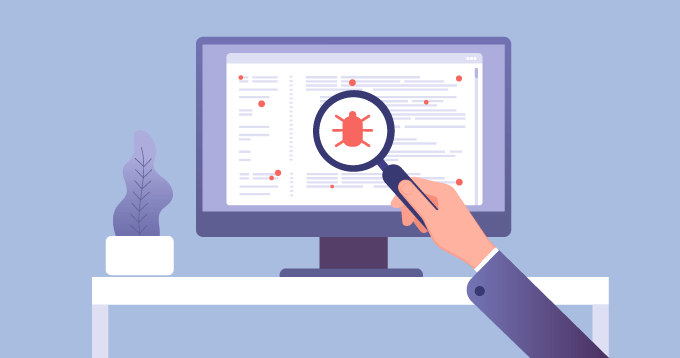

- Worms
Worms have been around for over 30 years and work by having just one person opening an infected email which then filters down to take down an entire network. The alarming thing about worms is that unlike a virus, you don’t actually need to take any action to spread it. This type of malware automatically replicates themselves and exploits other software to do their job for them.
Over 50 million Windows machines around the world were compromised by the ‘iloveyou’ worm 21 years ago in under 10 days – you can see just how powerful and unstoppable worms really are!
- Trojans
Trojans have now replaced ‘worms’ as modern hacking tools and are becoming an increasingly popular weapon of choice. This malware takes advantage of its victim’s lack of security knowledge and usually presents itself in the form of an authentic looking email attachment.
It is becoming even harder to determine whether these attachments are legitimate or a form of malware, with more and more people getting caught out. Once you open the attachment Trojans can also be pushed onto devices when you land on an infected website.This kind of malware is extremely difficult to defend against as they are easy to produce and triggered by unsuspecting human error.
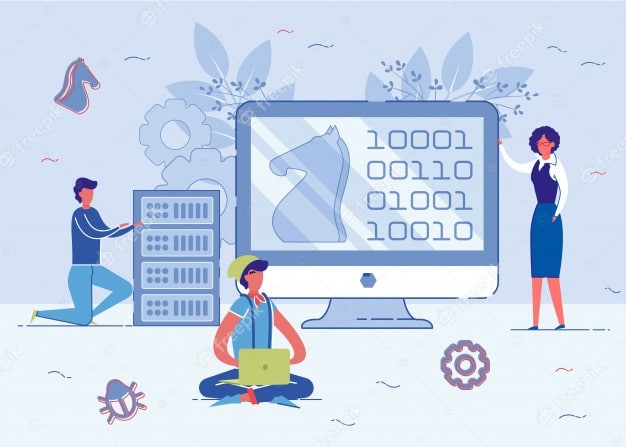
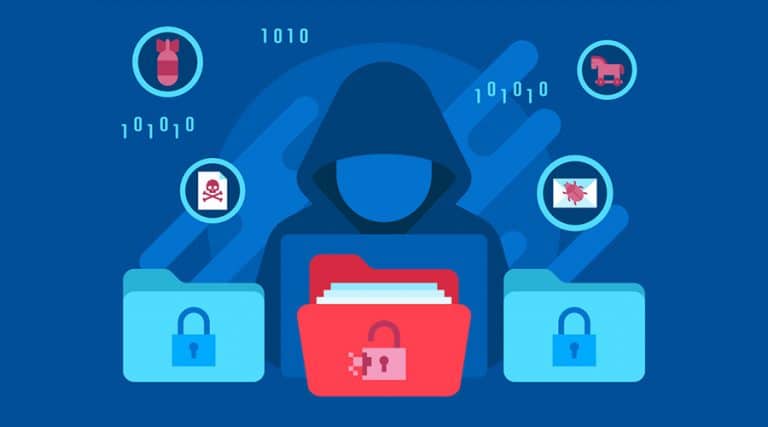
- Hybrids
Take a look back at the first three types of malware we discussed, and how difficult they are to defend and protect against. Imagine the result of combining these types of malware…well a hybrid is just that! It is a malware with different attributes, such as the power of a worm with the disguise of a trojan. As you can imagine, it can be very difficult to clean up after a hybrid attack as they are extensive, adaptive and dynamic.
- Ransomware
Ransomware is one of the most feared types of malware right now, quickly becoming more and more popular in the world of cyberattacks and cybercrime. Businesses like yours are prime targets for ransomware attacks which work on encrypting all your data and basically holding it hostage. You literally have no data at all – no files, no emails, no customer records, absolutely nothing. Could you imagine how terrifying that would be?
The hackers demand you pay a ransom for them to release your data back to you, which can be upwards of thousands to millions of dollars. It is often asked for in cryptocurrency as it is much harder to trace back.
Most commonly, ransomware is a Trojan, meaning it must be accidentally activated through opening an infected email attachment or visiting an unsecured website. The financial impact of this type of attack is enormous, even without paying the ransom. Sadly, this type of attack is extremely difficult to come back from so it is extremely important that you ensure a regular backup of your files occurs. You and your team should also be trained to recognise any signs of impending ransomware attacks to keep your business and files safe.
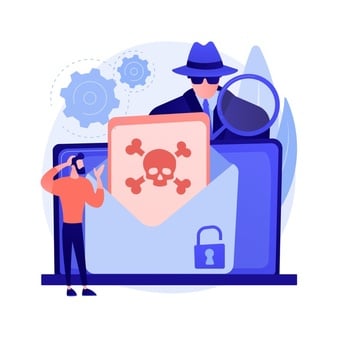
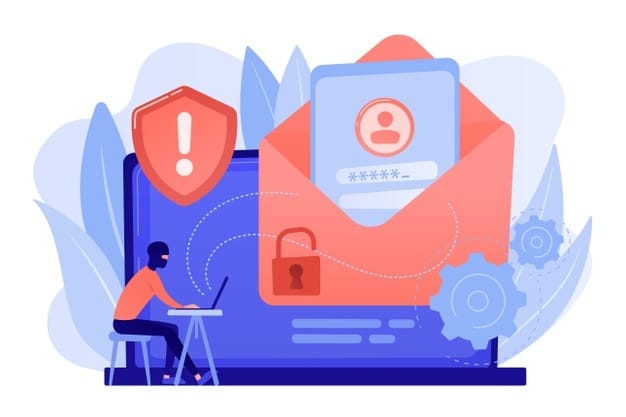
- Fileless malware
This type of malware can pose a real threat to you and your business as it is much harder to detect and stop, with over half of all malware attacks currently being delivered by fileless malware. Whilst ‘traditional’ malware relies largely on specific files to spread and infect your computer systems, this form of malware uses memory, or other ‘fileless’ parts of your computer’s operating system to infiltrate your IT network.
- Adware
Currently, you are on a website, a fun pop-up appears and you click on it. Before you know it, your browser no longer uses your search engine of choice, a piece of software is installed on your computer or there’s a new plugin to your browser or your browser. In most cases, adware is more of an annoyance than actually being harmful, however, it can slow computers down, or make you more vulnerable to other attacks. And anything that’s installed without your express permission is a pest and should be tackled.
- Malvertising
As you have probably already guessed, malvertising is a form of malware hidden behind advertising and occurs when a cyber-criminal pays for an advert on a genuine website. When you click on the ad, you’re either redirected to a malicious website, or malware is installed on your device. Genuine ads can become compromised, and even more scarily, you sometimes don’t even have to click the ad to be affected, commonly referred to as a ‘drive-by download attack’.
- Spyware
Spyware is mainly used to gain access to your personal login information and passwords. Once installed, spyware can monitor the websites you visit, everything you type and any other information about you and what you’re doing on your device. Spyware can be activated by downloading files from an unreliable source or when you click on something you shouldn’t like an attachment or pop up notification.
While this is simpler to remove like adware, you risk giving away valuable information by the time you realise it is there.
As you can see, the consequences that many of these forms of malware have on your business can be extreme, ranging from negative impacts to productivity, damage to your brand and reputation, affecting customer trust and loyalty, or even resulting in bankruptcy.
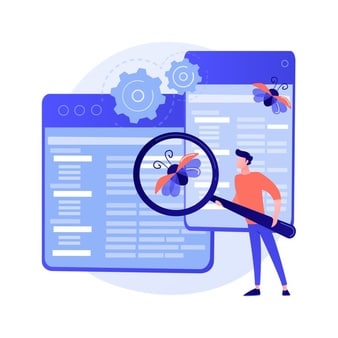
We do not want to scare you with statistics, but we can assume that you do not want to deal with the huge fallout of a cyberattack on your business. Regardless of industry, all businesses are constantly being targeted and attacked by hackers, and you should make sure you are taking all the proper precautions to ensure that your business remains secure. A serious attitude towards cyber-security is the first step, along with consulting with a trusted IT support partner to discover the most suitable software, training and procedures to keep your business safe.

Taking steps to protect your business and its data can make a significant difference to your physical computer and online safety and security. However, these must be taken before a cyberattack occurs, with specific procedures being required to help minimise your risk.
IT Leaders are here to do all the work for you and make this process as seamless and easy as possible. Let’s talk today about becoming your trusted IT partner.
We can help with a multitude of IT support solutions, including malware protection, hosting, IT consulting, security auditing, cloud computing & VOIP telephony requirements.
If you think that your business is in need of professional advice and expertise regarding cybersecurity, we would love to help you.
Get in touch with IT Leaders today to discuss how we can help you be more cyber secure!
Download Our Guide on the Top 9 Most Terrifying Malware Threats


